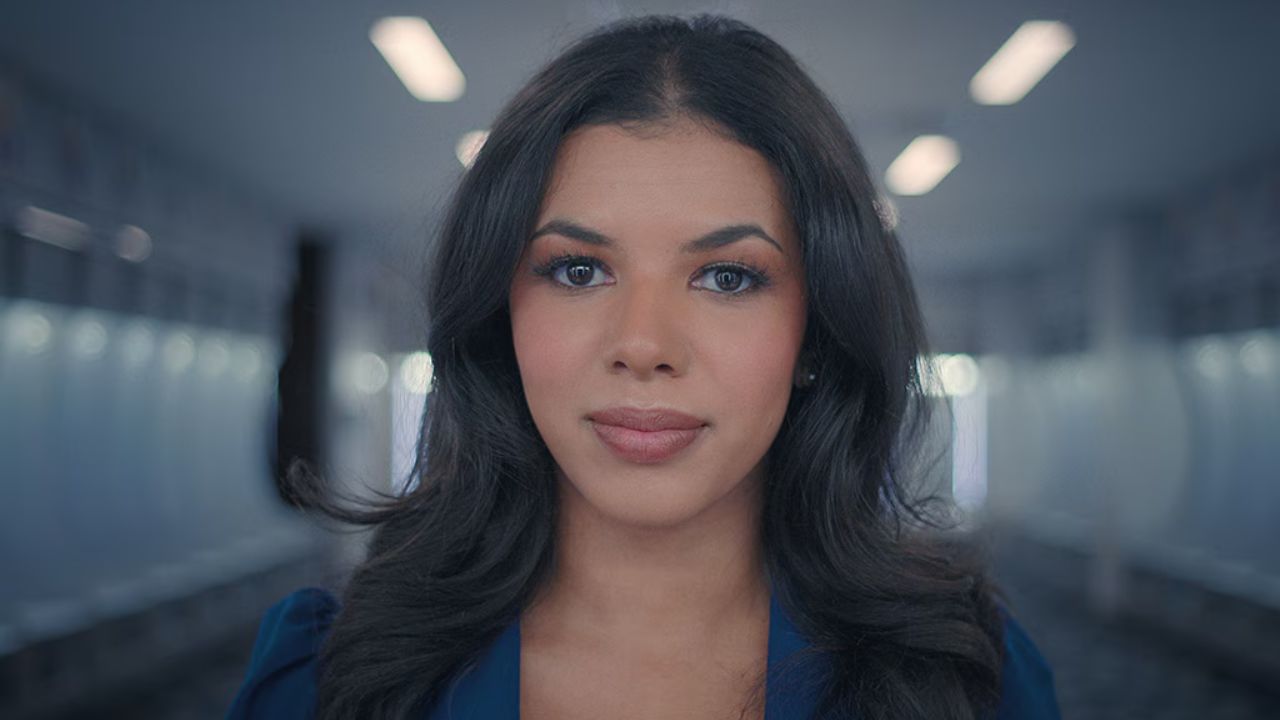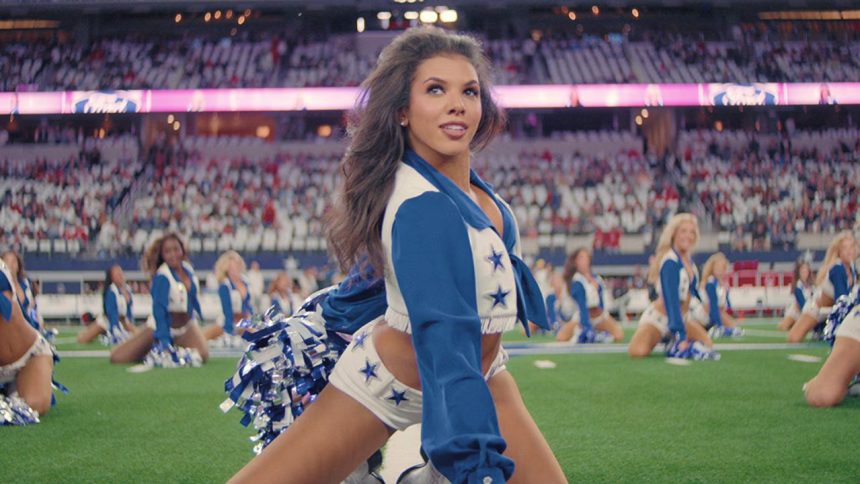Chandi Dayle, the beloved Dallas Cowboys Cheerleader (DCC), carries a rich cultural tapestry that has shaped her journey in dance, leadership, and self-discovery. Born to a Trinidadian and Tobagonian father and an Italian mother, her mixed-race heritage is a cornerstone of her identity: one that she’s learned to embrace unapologetically.
Roots and Representation: Chandi’s Multicultural Background
Growing up alongside her adoptive parents in Oro Valley, Arizona, Chandi often stood out in predominantly white spaces, whether in ballet studios or cheerleading squads. She’s spoken candidly about the challenges of being a young Black girl in classical dance, where representation was scarce. Yet, she shattered barriers, becoming the first African American Clara in The Nutcracker at her ballet studio and later the first Black captain of the University of Arizona Pomline, a feat that inspired countless young dancers who saw themselves in her.
Related: DCC: Chandi Dayle’s Boyfriend—Did She Cheat on Ryan?
Her ethnicity isn’t just a footnote in her story; it’s a driving force behind her perseverance. Chandi has openly discussed the microaggressions and stereotypes she faced, from being scrutinized more harshly than her peers to feeling the weight of being a “first” in many spaces.

In a heartfelt letter to her younger self, she wrote, “I know you have already had ups and downs in your life, but you will overcome everything that life throws at you.” That message resonates deeply with fans who admire her for owning her uniqueness rather than conforming to narrow expectations.
Culture, Community, and the Power of Visibility
Chandi’s heritage isn’t just about her personal identity, it’s about the communities she uplifts. As a DCC, she’s used her platform to highlight the importance of diversity in cheerleading, a world that hasn’t always been inclusive. She’s shared touching moments, like when a mother of a mixed-race girl told her, “She loves watching the DCC dance because there are girls that look just like her.” For Chandi, that visibility matters. It’s why she’s been vocal about embracing her curls, her skin tone, and her full self, even when the industry sometimes pushes for homogeneity.
Also See: Pavel Durov’s Children: Telegram Founder’s 100+ Kids
Beyond race, Chandi’s Trinidadian and Italian roots influence her vibrant personality, whether it’s her love for bold flavors (she jokes about her “Italian appetite”) or her dynamic dance style, which blends ballet precision with the rhythmic energy of Caribbean movement. She’s also spoken about the complexities of being adopted, adding another layer to her understanding of family and belonging. Her adoptive mother, whom she credits as her rock, taught her the value of perseverance, a lesson that carried her through bullying, auditions, and even the intense scrutiny of DCC training camp.
Chandi’s story isn’t just one of talent; it’s a testament to how heritage shapes purpose. Whether she’s mentoring rookies, advocating for mental health (as seen in her candid America’s Sweethearts confessionals), or simply living out her truth, she proves that identity isn’t a limitation, it’s a superpower. And for fans watching, especially young girls of color, that representation isn’t just inspiring, it’s life-changing.
So here’s to Chandi: a woman who dances with the rhythm of her ancestors, leads with the strength of her struggles, and reminds us all that being different isn’t just okay, it’s everything.



